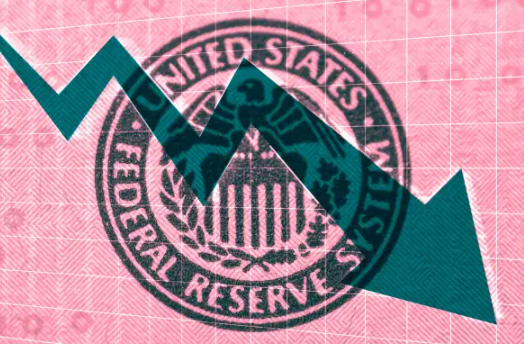BIS Reports Government Debt Could Cause Stock Market Volatility
The world’s leading banking authority said a sovereign bond glut could lead to destabilization in other markets.

The world’s leading banking authority said a sovereign bond glut could lead to destabilization in other markets.

- Risks in oversupply of government debt have increased
- U.K., France, and Japan add to fiscal distress
- Imbalances forming in U.S. Treasury markets
The CAC halted its recent rally over the past 7 sessions, dropping 0.40% on the day so far. The FTSE also declined 0.26% today but remained within its recent range.
CAC Live Chart
BIS Report Casts Shadows Over Global Stocks Rally
Today’s report from the Bank of International Settlements showed rising alarm for government debt expansion.
The head of the monetary and economic department for the BIS, Claudio Borio, said that he was concerned the government debt glut could cause a bond rout, potentially spilling over to other markets.
“Financial markets are beginning to realize they will have to absorb these growing volumes of government debt,” Borio stated as the BIS released its latest report.
The issue at hand is that bond markets will make governments pay a higher price to finance their ever-expanding debt. The IIF expects government debt to swell to $130 trillion by 2028, an increase of 33%.
A sell of in bonds leads to higher yields, and consequently higher central bank rates. The whole scenario makes holding stocks less attractive, causing volatility in the broader market.
The BIS sees the risk of a bond market sell-off that would be setoff by the for bond holders to seek higher yields as government debts continue to expand.
FTSE Live Chart
U.K., France, and Japan Specific Debt Risk
The report mentions the heightened risk of countries such as France, U.K., and Japan. France is going through political turmoil, increasing the chances of expanding debt. The country may find itself with a government that is keen on spending more at the next election.
Japan is under risk because of expansionary fiscal policy the current and former governments are undertaking.
The U.K. is also seen as a higher risk because of its debt to GDP ratio, and because the recent budget revised previous borrowing estimates up by £142 billion ($181 billion).
Treasury Markets Supply & Demand
The report stated a wide imbalance in the supply and demand of U.S. bonds as dealers hold record amounts of unsold government bonds on their books.
The market is widely pricing another cut at the next FOMC meeting, according to the BIS loose monetary policy could lead to a spur in inflation.
But while stock markets are gearing up more cuts, U.S. treasury 10-year yields have risen. Since last September, treasury yields for 10-year maturity have risen to 4.22% from 3.66%, a rise of 56 basis points.
It seems the cuts in interest rates by the Fed are not enough to shake off bond investor concerns of growing public debt.
- Check out our free forex signals
- Follow the top economic events on FX Leaders economic calendar
- Trade better, discover more Forex Trading Strategies
- Open a FREE Trading Account


